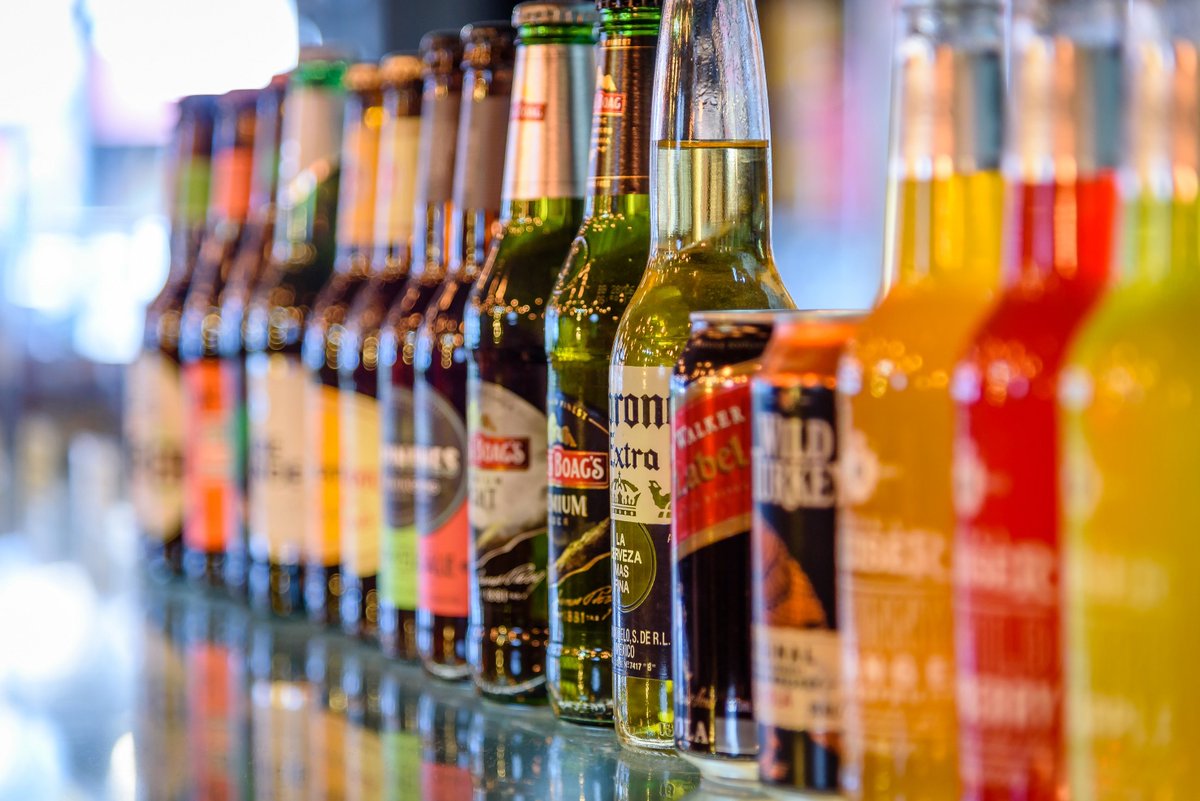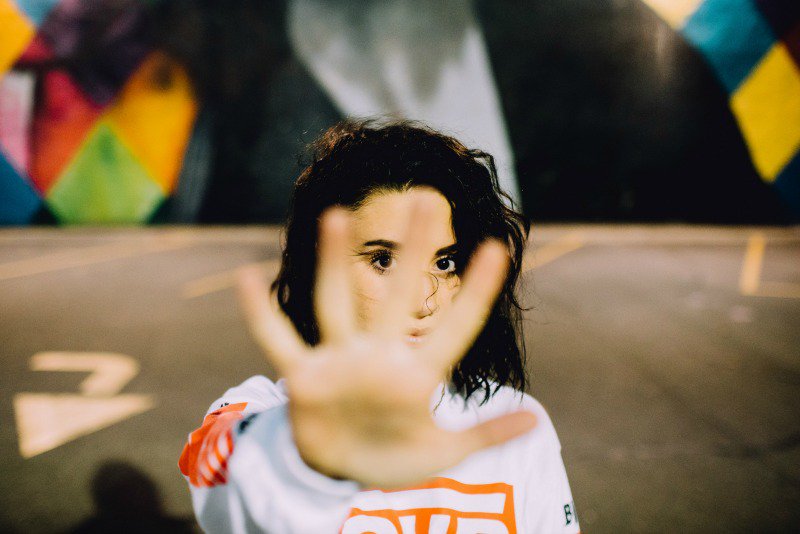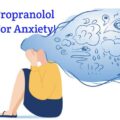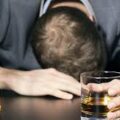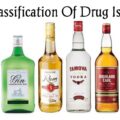Alcohol is a psychoactive substance with dependence-producing properties that has been widely used in many cultures for centuries. The harmful use of alcohol causes a large disease, social and economic burden in societies. The harmful use of alcohol can also result in harm to other people, such as family members, friends, co-workers and strangers. Moreover, the harmful use of alcohol results in a significant health, social and economic burden on society at large.
Alcohol consumption is a causal factor in more than 200 disease and injury conditions. Drinking alcohol is associated with a risk of developing health problems such as mental and behavioral disorders, including alcohol dependence, major non-communicable diseases such as liver cirrhosis, some cancers and cardiovascular diseases, as well as injuries resulting from violence and road clashes and collisions.
According to the National Institute on Alcohol Abuse and Alcoholism, “last year, 25.8 percent of people ages 18 or older reported that they engaged in binge-drinking in the past month.” At the same time, the report concludes that “6.3 percent reported that they engaged in heavy alcohol use in the past month.” The NIAAA estimates that approximately 14.1 million adults, meaning individuals 18 and older, had an alcohol use disorder (AUD) in the United States. These large numbers are an indication of a widespread problem and struggle for many people across the country.
Anxiety is part of life for many people. We often feel anxious if faced with a problem or a stressful situation of some kind, and this is normal. However, many people feel more than just temporary anxiety. These individuals actually have an anxiety disorder, and unlike normal experiences with anxiety, they have prolonged periods, or intense bursts, of anxiety on a regular basis. Such disorders can have a drastic impact on daily life, as well as one’s ability to perform tasks at work and home. An anxiety disorder can affect virtually every aspect of a person’s life, often leading to damaged relationships and reduced overall wellbeing.
How does drinking alcohol affect anxiety?
Alcohol acts as a sedative, so it can help you feel more at ease. It may make you feel more socially confident at a party or help you forget your worries. However, these benefits are short term. According to Healthline, Alcohol changes levels of serotonin and other neurotransmitters in the brain, which can worsen anxiety. In fact, you may feel more anxious after the alcohol wears off. Alcohol-induced anxiety can last for several hours, or even for an entire day after drinking.
When we drink alcohol it disrupts the balance of chemicals and processes in the brain. The relaxed feeling you experience when you have your first drink is due to the chemical changes alcohol causes in your brain. The alcohol starts to depress the part of the brain that we associate with inhibition.
But these effects wear off fast and the pleasant feelings fade. If you rely on alcohol to mask your anxiety problems, you may find you become reliant on it to relax, which may lead to alcohol addiction.
A likely side-effect of this is that the more you drink the greater your tolerance for alcohol will be. Over time you may need to drink more alcohol to get the same feeling. In the long term this pattern of alcohol use may affect your mental health.
A study done by the University of North Carolina School of Medicine showed that excessive drinking can lead to the rewiring of the brain. This can make an individual more susceptible to the development of anxiety problems. While alcohol abuse can increase a person’s risk for a traumatic event that could lead to post-traumatic stress disorder, the changes that can occur in an individual’s brain can be enough to increase their risk for anxiety issues as well. The UNC study showed that there is a connection between alcohol and anxiety on a molecular level.
Does Quitting Alcohol Cure Your Anxiety?
Drinking alcohol interferes with chemicals in the brain that are vital for good mental health. Stopping drinking could make feelings of stress easier to deal with and help you get better sleep. A new study indicates that there is causal relationship between poor quality of sleep and anxiety, getting deep sleep is a natural way to ease anxiety. Furthermore, the new study suggests that the deep phase of sleep is a natural anxiety reliever. According to sleep foundation, alcohol is linked to poor sleep quality and duration. People with alcohol use disorders commonly experience insomnia symptoms.

